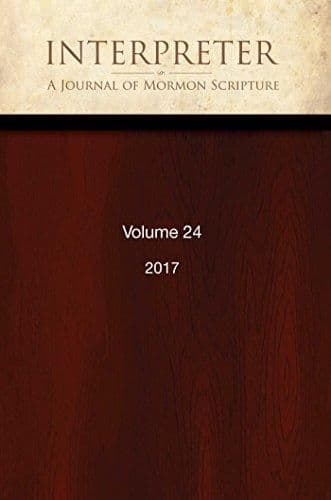Journal
Lehi and Nephi as Trained Manassite Scribes

Title
Lehi and Nephi as Trained Manassite Scribes
Publication Type
Journal Article
Year of Publication
2022
Authors
Reynolds, Noel B. (Primary)
Journal
Interpreter: A Journal of Latter-day Saint Faith and Scholarship
Pagination
161-216
Volume
50
Abstract
This paper brings together contemporary Ancient Near East scholarship in several fields to construct an updated starting point for interpretation of the teachings of the Book of Mormon. It assembles findings from studies of ancient scribal culture, historical linguistics and epigraphy, Hebrew rhetoric, and the history and archaeology of Mesopotamia, Egypt, and the Levant, together with the traditions of ancient Israel to construct a contextualized perspective for understanding Lehi, Nephi, and their scribal training as they would have been understood by their contemporaries. Lehi and Nephi are shown to be the beneficiaries of the most advanced scribal training available in seventh-century bce Jerusalem and prominent bearers of the Josephite textual tradition. These insights give much expanded meaning to Nephi’s early warning that he had been “taught somewhat in all the learning of [his] father” (1 Nephi 1:1). This analysis will be extended in a companion paper to provide the framework that enables the recognition and tracking of an official Nephite scribal school that ultimately provided Mormon with the records that he abridged to produce our Book of Mormon.
For a summary of this article, see Interpreting Interpreter: https://interpreterfoundation.org/interpreting-interpreter-reynolds-scribal-proposal/
Subject Keywords
Bibliographic Citation
Terms of use
Items in the BMC Archive are made publicly available for non-commercial, private use. Inclusion within the BMC Archive does not imply endorsement. Items do not represent the official views of The Church of Jesus Christ of Latter-day Saints or of Book of Mormon Central.